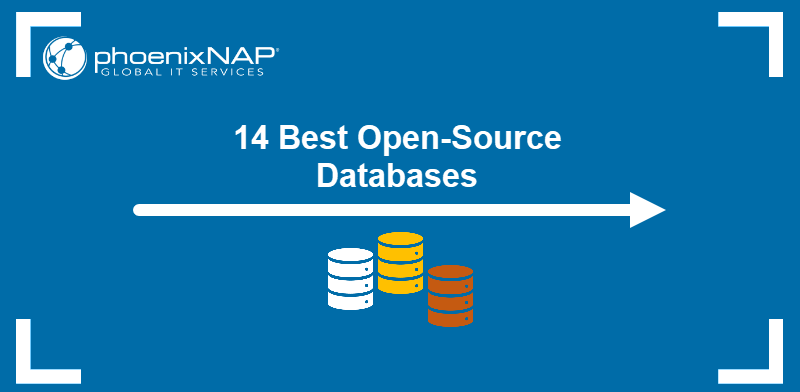Hi!
Small intro:
I have a small construction company here in Brazil, and I want it to grow. To do this I need some system to store, relate and report all data I have and Excel cant do it anymore. So I reached the conclusion that database is the way to go, and I love Access FE, and it have all the functions I need. Except for online connection.
I would really like to put my database online. Going offline is unthinkable today and in the future I will need to be able to access this data when traveling, in homeoffice, etc.
I have only 3 people that will actively use the database right now.
Where I am right now:
I have made my main functionalities on Access, and they work perfectly. So the next step is test the share functionality. I don't have a server ou LAN in my company, just wi-fi. I know Access do not work with cloud and can go bad over wi-fi. My first bet was MySQL.
So I exported my tables to a MySQL db on my website as a test. The speed drop was insane! I have only some sample data to test and it takes 1 to 5 seconds to open every form, this with a 300Mbps connection. (How this is possible? By comparison, several people can watch 1080p videos simultaneously with 300Mbps!)
My question is: is it possible I am doing the queries SO WRONG that speed is so slow? Or is MySQL that bad? If I use SQL Server or Azure it could be faster?
What do people mean by using SQL Server / MySQL / Azure as BE and Access as FE? Do I need to split the db to do this? Or I simply link the external db to my accdb file (this is what I did with MySQL)? If I split I end up with 2 files, what do I do with the BE file?
I don't want to use RDC, it would be just a paid temporary solution. If it is to be paid I would choose Azure or similar.
My last resort is to use it over wi-fi for now, and in the future take it to some MS service online.
Small intro:
I have a small construction company here in Brazil, and I want it to grow. To do this I need some system to store, relate and report all data I have and Excel cant do it anymore. So I reached the conclusion that database is the way to go, and I love Access FE, and it have all the functions I need. Except for online connection.
I would really like to put my database online. Going offline is unthinkable today and in the future I will need to be able to access this data when traveling, in homeoffice, etc.
I have only 3 people that will actively use the database right now.
Where I am right now:
I have made my main functionalities on Access, and they work perfectly. So the next step is test the share functionality. I don't have a server ou LAN in my company, just wi-fi. I know Access do not work with cloud and can go bad over wi-fi. My first bet was MySQL.
So I exported my tables to a MySQL db on my website as a test. The speed drop was insane! I have only some sample data to test and it takes 1 to 5 seconds to open every form, this with a 300Mbps connection. (How this is possible? By comparison, several people can watch 1080p videos simultaneously with 300Mbps!)
My question is: is it possible I am doing the queries SO WRONG that speed is so slow? Or is MySQL that bad? If I use SQL Server or Azure it could be faster?
What do people mean by using SQL Server / MySQL / Azure as BE and Access as FE? Do I need to split the db to do this? Or I simply link the external db to my accdb file (this is what I did with MySQL)? If I split I end up with 2 files, what do I do with the BE file?
I don't want to use RDC, it would be just a paid temporary solution. If it is to be paid I would choose Azure or similar.
My last resort is to use it over wi-fi for now, and in the future take it to some MS service online.


